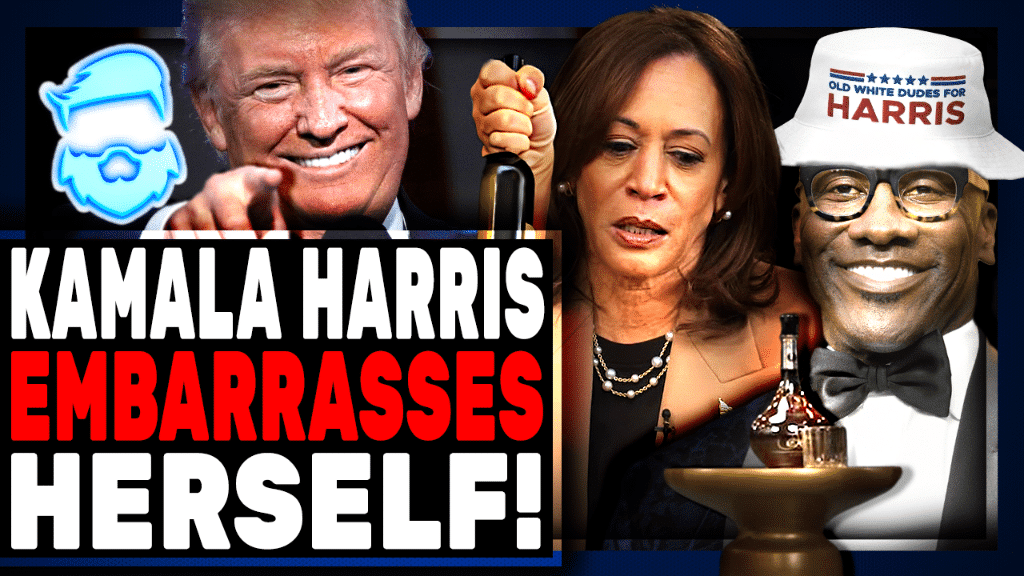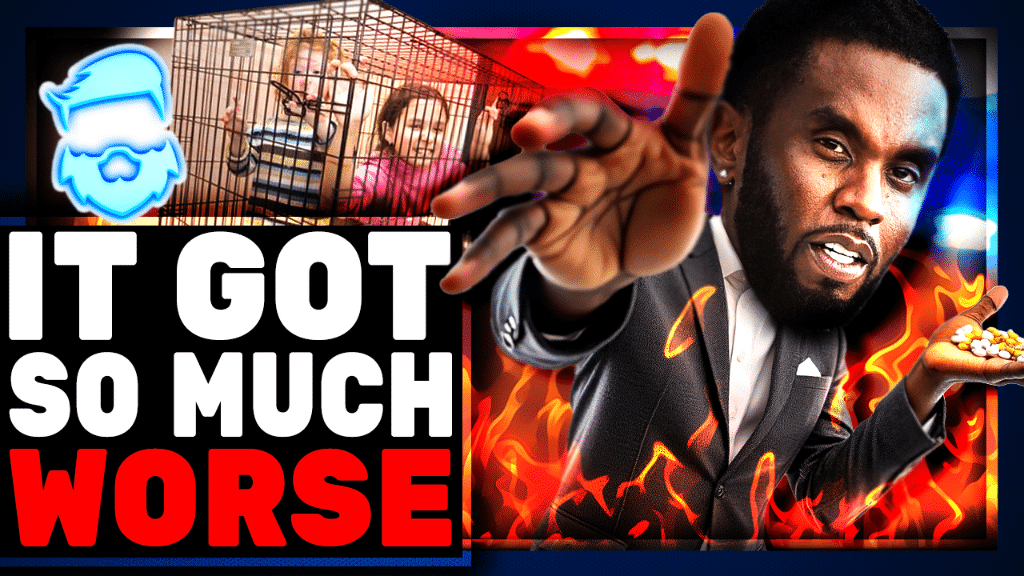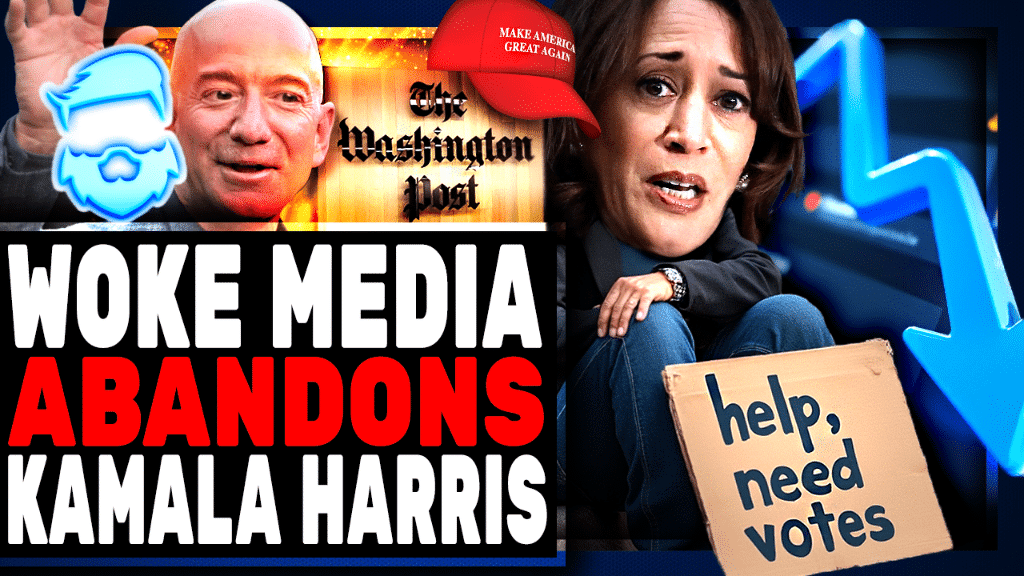In the wake of what the Nato secretary general, Jens Stoltenberg, described as Russia’s “fully fledged invasion of Ukraine”, the west has to decide how to respond to what France’s Emmanuel Macron has called a turning point in European history.
Yet can the west now offer Ukraine more than a mixture of prayers, sanctions and diplomatic demarches? Throughout this conflict western intelligence has shown it has been able to predict Putin’s next step, but less capable of stopping it. Boris Johnson told the Ukrainian people “we are with you”, but what this western solidarity means in practice is now up for debate.
The 30-nation Nato alliance will stick to its pledge that it will never send forces to protect Ukraine as a non-Nato member. Backbench Tory calls to give Ukraine air support have no support in Nato.
Instead the west will test Russia’s resolve through tough sanctions and by some countries providing arms if there is a resistance.
The coordinated sanctions in Washington, London, Berlin and Brussels being announced on Thursday are billed as massive, but Putin sits on a $600bn (£450bn) war chest and will benefit from oil prices soaring past $100 a barrel. That makes him less dependent on the west to raise capital than five years ago, and such is his dominance of the Russian media that the chances of internal protests pressurising, let alone toppling, the 69-year-old president look minimal. The oligarchs may complain if sanctions are placed on them, but Putin is in too deep to retreat.
One London-based diplomat said this week after viewing Russia’s televised and cowed national security meeting: “We used to talk about Putin’s inner circle. There is no inner circle. There is only Putin.” Another said: “The only thing that will change Russian public opinion is the mothers of Russia seeing the bodybags.”

















